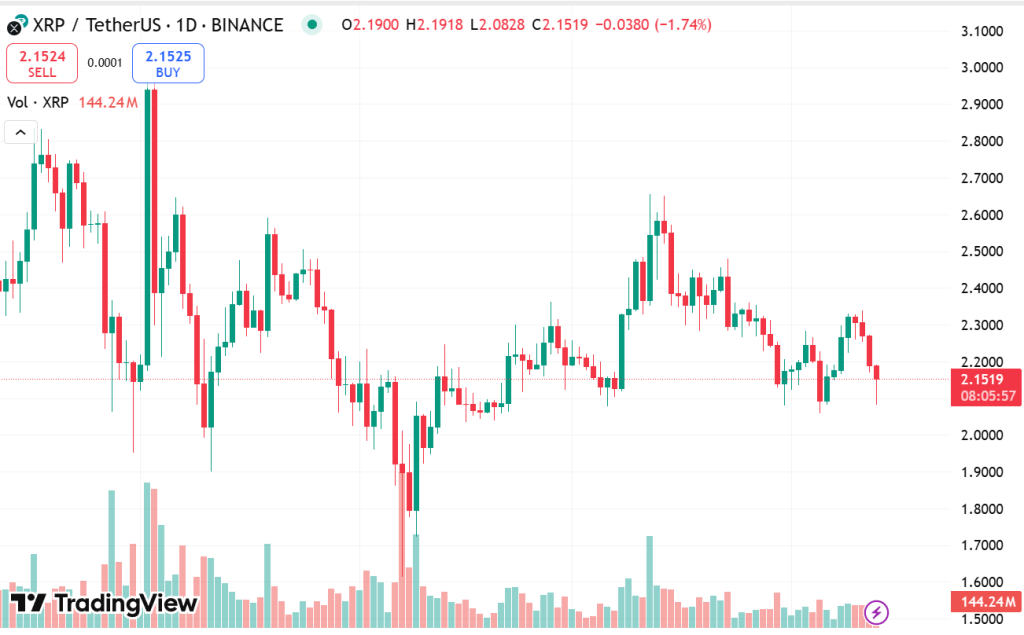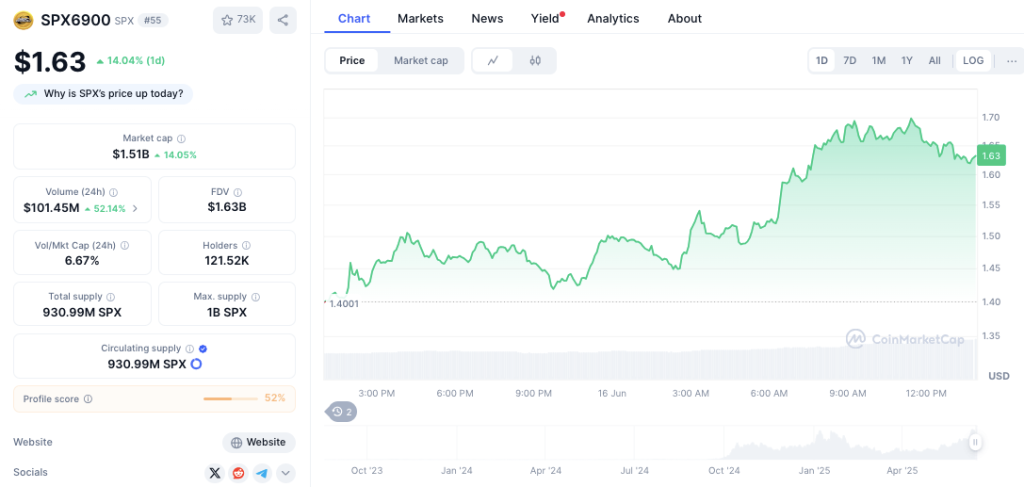A toxic workplace can be draining.
getty
A recent report from the McKinsey Health Institute found that one out of four employees worldwide experiences high rates of toxic behavior at work. While no work environment is perfect, a toxic workplace is defined as being disrespectful, discriminatory, distrustful and many times hostile. You might feel extreme tension in the office, avoid speaking up for fear of retribution or even find yourself excluded from meetings for no reason. Unfortunately, an unhealthy work culture negatively impacts employee productivity and well-being. Even the U.S. surgeon general issued guidance stating that toxic work cultures are harmful to a worker’s mental and physical health.
What has changed since the pandemic is that employees are no longer willing to tolerate harmful work environments. In fact, an MIT Sloan study revealed that a toxic workplace is the number one reason people are resigning. Workers don’t just want a high salary, flexibility and work-life balance. They also want to feel psychologically safe at work.
If you dread going to work every day, you might be stuck in a toxic workplace. Here are 10 signs that it’s time to move on.
1. A toxic workplace is draining
Your job should fill you with energy, not suck the life out of you. If you are physically and mentally exhausted at the end of each workday, it could be a red flag. As time goes on, you may experience burnout, which is a worldwide epidemic. If left untreated, burnout can even lead to more serious issues like a heart attack or stroke.
2. A toxic workplace is demotivating
Another sign that you’re experiencing a negative work culture is that you constantly feel demotivated. If you’ve been dealing with a toxic workplace for years, your self-confidence may even be worn down to the point that you start questioning your abilities. If that’s the case, it may be time to find a different work environment.
3. A toxic workplace has high turnover
Are all your co-workers running for the hills? If your organization has difficulty retaining employees, that could be a warning sign. Not only does it create a toxic work environment, but it can also negatively impact the bottom line. According to a recent SHRM report, The High Cost of a Toxic Workplace Culture, the cost of turnover due to workplace culture exceeded a whopping $223 billion over five years.
4. A toxic workplace promotes unhealthy boundaries
Toxic work cultures often normalize a lack of healthy boundaries. For example, your manager may ask you to be available to answer emails in the evenings and on weekends. Or you’re expected to stay late every night to complete projects. If your boss asks you to push yourself to the point of exhaustion and burnout, it could be a serious red flag.
5. A toxic workplace lacks transparency
The hallmark of a healthy workplace culture is open communication. When transparency doesn’t exist, employees lose trust in their leaders and, eventually, their co-workers. At that point, the entire team’s motivation, engagement and loyalty decline. If your manager knowingly withholds valuable information, ask them about it. If you are unable to get a reasonable response, it might be time to start looking for a job elsewhere.
6. A toxic workplace has low morale
When you are surrounded by colleagues constantly complaining about work, it can wear on you. That’s because emotions are infectious, especially negativity. So, if you endure constant tension because your team is dissatisfied, you may find yourself in a toxic workplace.
7. A toxic workplace encourages cronyism
Cronyism refers to the practice of awarding jobs to friends, family and acquaintances who lack the qualifications for the position. This type of favoritism contributes to a culture that discourages diverse perspectives, which can be toxic. If you start noticing this trend, it may be time to consider other work opportunities.
8. A toxic workplace doesn’t support professional growth
If your boss continues to promise you growth opportunities that don’t come to fruition, it’s a warning sign. A healthy work culture encourages employees to hone their skills and learn new things. If your company isn’t invested in your professional development, it might be time to move on.
9. A toxic workplace permits harassment or bullying
A positive work culture should ensure a safe and inclusive environment for employees. But when harassment and bullying are tolerated, it contributes to a toxic workplace. Some examples include offensive jokes, insults, intimidation or even physical threats. If you recognize any of these behaviors, contact your human resources department immediately.
10. A toxic workplace allows disrespectful behavior
MIT Sloan decided to dig deeper into what makes a work culture toxic. In their analysis, they looked at which of the topics mentioned by employees had the largest negative impact. As it turns out, feeling disrespected at work came out on top. When you experience a constant lack of consideration and dignity for others at the office, you can be sure you’re dealing with a toxic workplace.
If the thought of going to work makes you sick to your stomach, you are probably dealing with a dysfunctional environment. In the short term, you may experience stress, anxiety and exhaustion. Over time, the tension and negativity can have a detrimental effect on your relationships and self-esteem. Plus, if you’ve struggled with an unhealthy work culture for years, it can take time to recover. There’s no reason to put up with a toxic workplace. Once you recognize the signs, take steps to plan your exit. By changing your environment, you’ll have a better chance of experiencing the fulfillment you deserve.
Feeling stuck and not sure it’s time to make a career shift? Download my free guide: 5 Signs It’s Time to Make a Bold Career Change!
Credit: Source link











